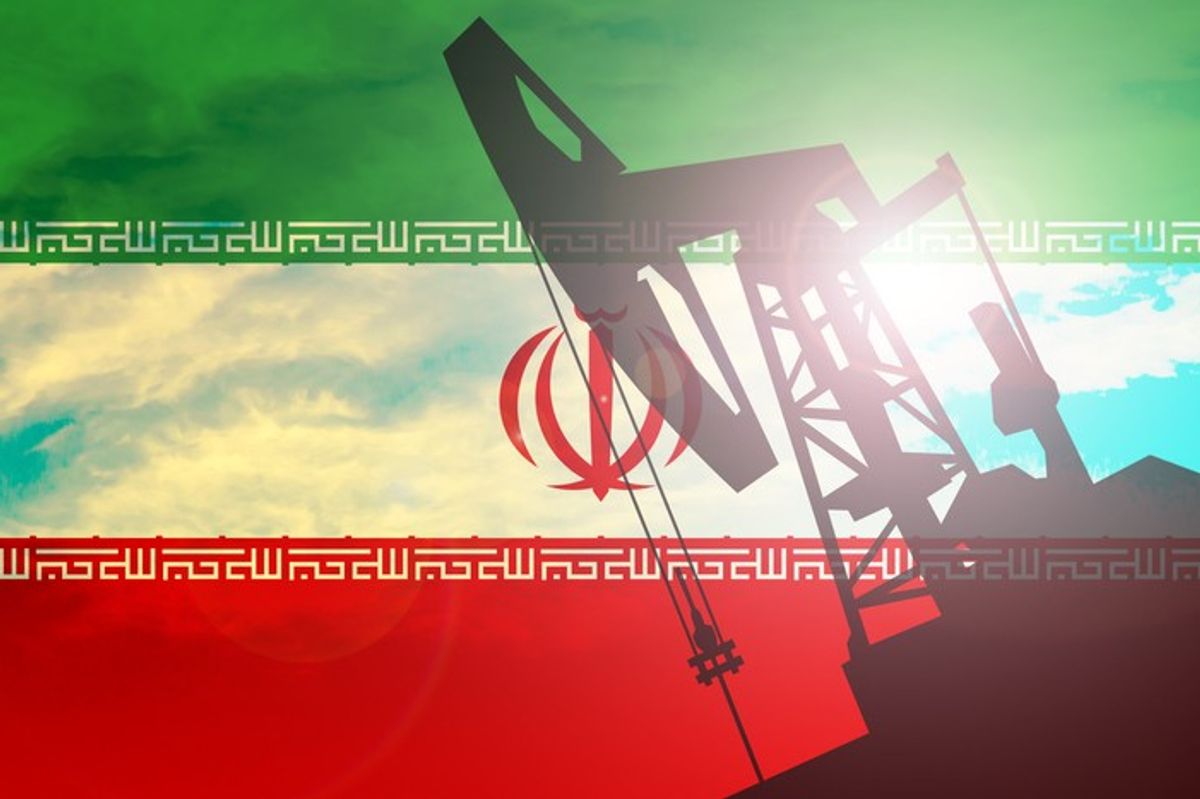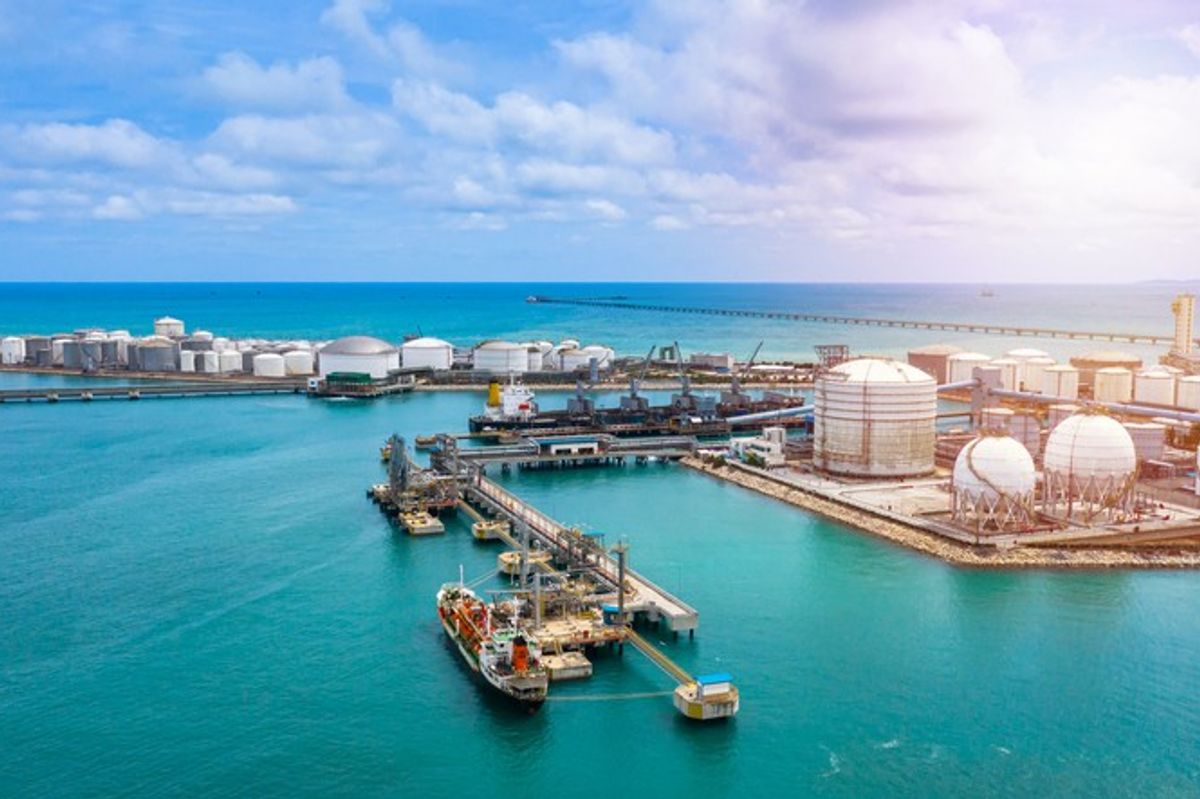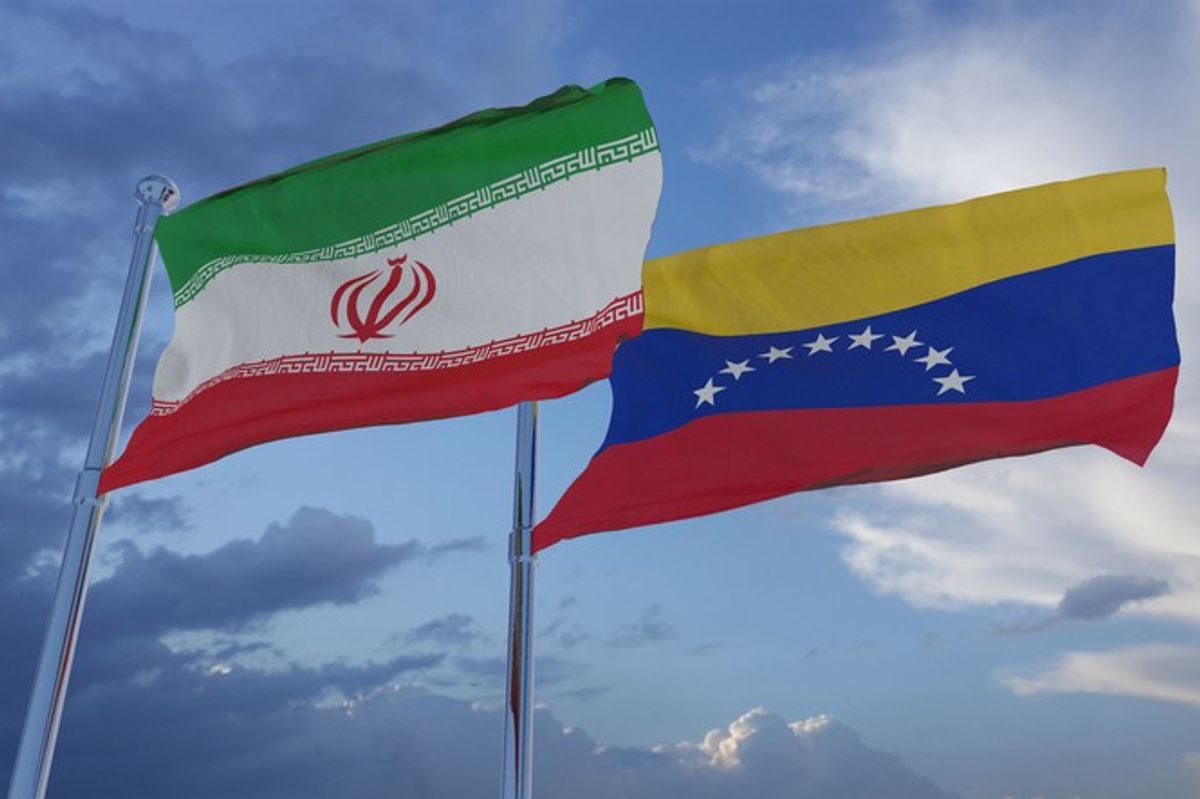On April 17, the thirteen members of OPEC (Organization of Petroleum Exporting Countries) and five other major producers met in Doha to negotiate a long-awaited production freeze agreement. After five hours of fierce debate, the delegates walked home empty-handed, puncturing hopes that the global price cartel might finally take steps to arrest an almost two-year long slide in global oil prices.
To most, the failure in Doha was hardly a surprise. Saudi insistence on Iranian cooperation with a production freeze does not fit well with Tehran’s plans to regain the market share it lost after Western sanctions targeted its oil exports. Tehran’s refusal to even send a representative to the meeting did not bode well for success.
Still, as prices hover at less than $45 per barrel, the failure in Doha does beg the question, what makes OPEC tick? Since the oil embargo of the 1970s, petroleum markets have trusted the cartel, and especially its quixotic leader Saudi Arabia, to maintain a certain level of predictability in the world’s most vital commodity. Yet today, rather than prop up prices, Riyadh seems content to leave the spigot open, even as they themselves face a budget deficit of 13.5 percent of GDP. Indeed, in February this year, former Saudi Oil Minister Ali al Naimi claimed that the Kingdom is willing to accept $20 a barrel oil if necessary. What exactly is driving this new resolve and when, if ever, will Saudi Arabia retake its role as the global price-stabilizer?
A common explanation for Saudi over-production focuses on U.S. shale oil production. Until very recently, shale oil deposits have been prohibitively expensive to exploit. However, high prices, heavy investment, and improvements on hydraulic fracturing (“fracking”) technologies added nearly four million barrels per day (bpd) to U.S. oil production between 2005 and 2015. OPEC’s decision to “restore market equilibrium” by refusing to curtail production at their November 2014 meeting was widely interpreted as an effort to maintain U.S. market share.
Undoubtedly, U.S. production does play a part, but Saudi crude is not in direct competition with American shale. Within the United States, explains Adjunct Professor at Johns Hopkins School of Advanced International Studies (SAIS) and Cipher Brief expert, Jean-Francois Seznec, the Saudis are “really just selling oil to themselves” by exporting their oil to refineries that are owned by Saudi Aramco. However, American production has displaced a large amount of light oil imports from Africa and the Middle East, which now flood the global market and help depress prices.
Therefore, explains Chairman of the Atlantic Council’s Energy Advisory Board and Cipher Brief expert David Goldwyn, Riyadh does have an interest in “cooling off U.S. production…as a way of supporting price and preserving global market share.” But, at the same time, “the Saudis realize that it will be hard to keep shale down for long.” Shale rigs are some of the world’s most flexible producers, able to stop and restart production within just a few months. Even if low prices do reduce U.S. production in the short-term, that production can come back online very quickly once the price environment improves.
In the fight for global market share, Riyadh’s real objective is Asia. Petroleum supplies roughly 80 percent of Asia-Pacific energy consumption and, by some estimates, Asian oil imports will grow to match the entire export capacity of the Middle East by 2035. This massive market is the great golden goose for oil exporters and, when it comes to sharing, “the real competition for Saudi Arabia is Iran, Iraq, and to some extent Russia as well,” according to Goldwyn.
Similarly, when Riyadh targets high-cost producers with low prices, it is not American shale that they are after. Rather, explains Seznec, “the Saudis’ main target is Russia. This is because they see Russia as a weak producer with a lot of very old and very high-cost oil fields.” Saudi Arabia hopes that persistent low prices will force these fields to shut down for good.
Closer to home, Saudi Arabia is undergoing a fundamental social and economic restructuring led by the 30-year old Deputy Crown Prince, Mohamed bin Salman. As Chairman of the newly created Council of Economic and Development Affairs, the young prince has announced a series of ambitious economic reforms, entitled “Vision 2030,” designed to wean the Kingdom off oil. The plan calls for the flotation of a five percent stake in Saudi Aramco (likely to be the largest IPO in history with a valuation of $2 trillion), the transformation of the existing Public Investment Fund into a sovereign wealth fund overseeing as much as $3 trillion in assets, and the creation of a domestic defense industry among other key reforms.
In short, the Deputy Crown Prince is keen to light a fire under the Saudi economy, and oil policy is no exception. Indeed, just this Saturday, the Kingdom removed 20-year veteran, Ali al Naimi, from the post of Oil Minister and replaced him with Saudi Aramco Chairman Khaled al Falih, reportedly a close confidant of Prince Salman. In addition, Riyadh has rapidly escalated its rivalry with Iran since the U.S. and Western powers agreed to lift economic sanctions last year. As long as low prices hurt Tehran’s ability to restore production, Saudi policymakers have little incentive to cut production.
Some ask whether all this spells the end of OPEC’s reign over global oil prices. As markets hang and twitch on Riyadh’s every word, that analysis seems hasty at best. For better or worse, OPEC members still produce 40 percent of the world’s oil and comprise 60 percent of total internationally traded petroleum. The influence gained by that kind of pricing power will not disappear soon. However, OPEC’s leading member clearly feels it needs to adapt to a changing world. Resting on broad political support and some $600 billion in foreign exchange reserves, Prince Salman is trying to, as Seznec describes, “throw Saudi Arabia kicking and screaming into the 21st Century.” Perhaps he will succeed, but success will not come quickly. Neither will a resurgent Iran easily fade away. In short, if you’re waiting for the cartel to work its magic, don’t hold your breath.
Fritz Lodge is an International Producer with The Cipher Brief.













